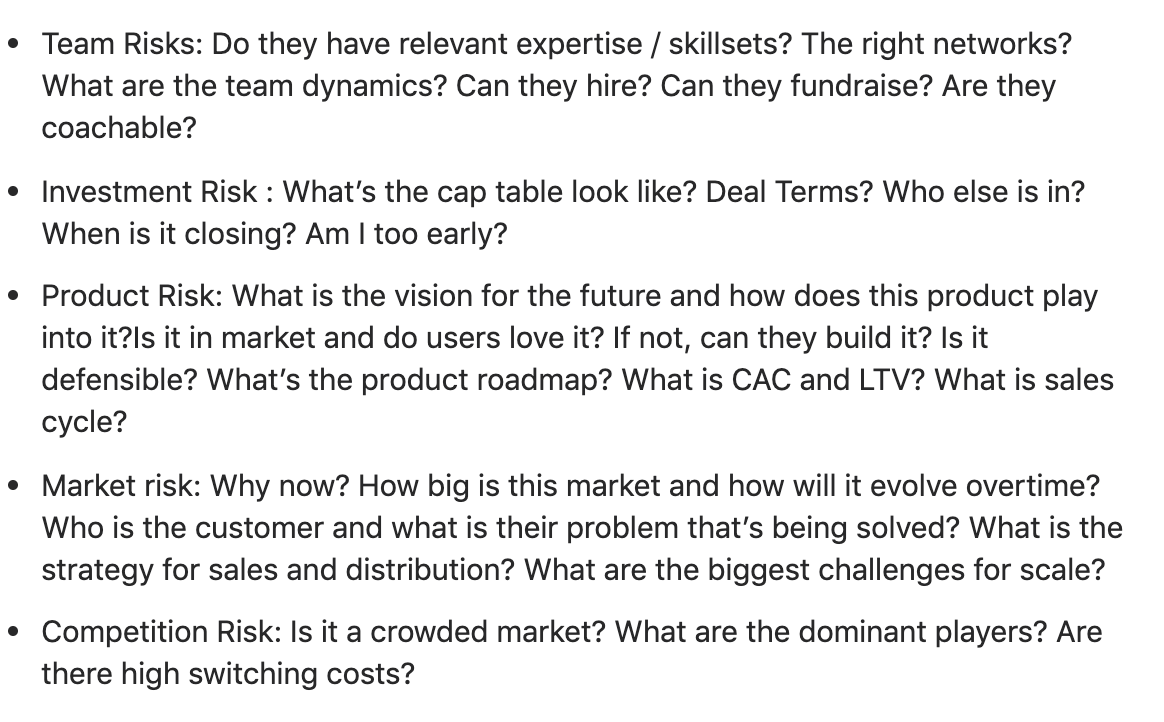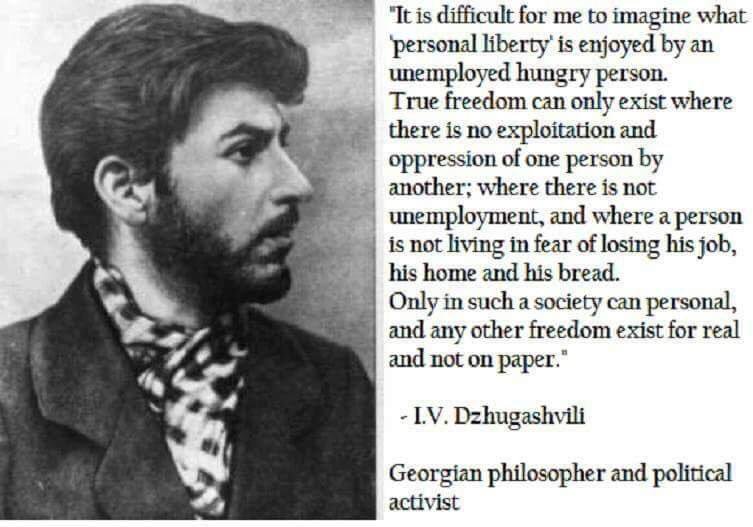- Structural advantages in VC
- Why we need *more* founders & *more* VCs
- The case for diversified portfolios & no pro-rata
- Venture socialism
- How to break into VC
- How VC evolved
- The future of VC
- The role of pre-seed
Thread👇
IMO, we need more founders & VCs
Why? Schramm's law: "The single most important contributor to a nation’s economic growth is the number of start-ups that grow to a billion dollars in revenue within 20 yrs.”
We need ~100 unicorns a year to maintain post WWII growth rates.
How can we get more founders? De-risk it.
Make median founder outcome closer to avg & by removing economic friction. Remove other bottlenecks (thread)
Others, to be sure, are unwilling or incapable.
- celebrate starting cos as a thing for ambitious ppl to do globally
- see startup failures on resumes as badges of honor instead of blemishes
- create communities to find co-founders & founder support(@beondeck)
Startup formation tropes are too romantic. e.g:
- had an idea they were passionate about or were perfect customer for
- knew co-founder since college
- wanted to be founder, didn't "stumble"
- founder was all-in.
Venture Capital? More like Venture Soviet Russia. ;)
This is why we at @villageglobal (& others) are trying to decentralize venture:
You could invest for 3 yrs, be a beginner, go in a coma for 7 yrs, come back & be known as an "expert", despite same level of skill
In which other field could this happen?
In bball you can discover Giannis when he’s 15 & he can dominate day 1
The VC Giannis has to wait yrs for their dominance to be recognized
This suggests there’s extra arbitrage in finding the VC Giannis—the ppl who are already great but not legibly so
A great firm gets pocket aces every time, a bad firm never sees an ace.
What's hard isn't knowing how to play pocket aces, it’s building the machine that repeatably gets pocket aces to begin with.
Investing isn’t totally a craft (bc of long feedback loops), but it also isn’t (all) abt luck, either.
IMO it's about having a structural advantage:
It’s basically your ability to rig the game—to build a machine that enables you to see & get into the best deals.
That machine could be a reputation, a network, a platform —but it has to be differentiated from other machines.
You could steal Benchmark's playbook + it wouldn't change much, similar to how copying Lebron's regimen wouldn't let you compete
Partially bc 👇, + also long feedback loops means VC brands are self-reinforcing
They changed the game by showing that VC could:
- Scale founder support through...other founders (network effects)
- Have portfolio diversity & ownership & keep quality high, debunked “spray and pray”
- Be a franchise in Warren Buffet sense
- Pricing power
- VC has anti-network effects
- Wide portfolios compromise quality & support
- VC is not a startup, product, or platform
- There are no moats besides brand
- VC has to be an artisan craft
Of course, these are often true, but not always
VCs have magic so they can pick winners.
*"The Midas List"*
They also have this magic where they can “make” winners with their help and advice.
Only they have the magic so they can only make a few investments so there’s enough of the magic to go around
- Startups are really hard to pick
- VCs can uniquely help make companies great
- Only ppl w/ VC experience can be good VCs
You’d pick a GP-centric concentrated strategy!
Wider portfolio implies picking & helping humility.
Why? VC is a hits-driven business. The top 2.5% of vc-backed companies—100/4,000—make up all the returns.
Getting into one of those w/ meaningful ownership is everything.
Avg unicorn rate is 2.5%.
Your best co will return 1/2 of all profit. And then the 2nd best might return a 1/4 & the next best might return an 1/8 & so on
For $100m fund, you need 1 co to return $150M, so that's 10% at 1.5B or 1% at 15B.
Need (meaningful) shots on goal
Which is why founders love YC
After one institutional VC, there’s serious diminishing returns.
Why? They are competing with every other opportunity out there, and artificially limiting to your own pool makes most sense when you have conviction.
They want to raise money from individuals.
How VC got unbundled:
- they have conviction in individual cos, but their incentive is to run a portfolio & hedge their bets
- they can uniquely help founders, but their incentive is to spend time finding new cos
- they are builders too, but they're financiers 1st
15 years ago, the VC who sat on 10 boards had genuinely novel info to share with a founder
E.g. PM-fit, hiring, sales, fund-raising...
Now 99% of startup questions are available via blogs & online content.
Start creating a personal portfolio of projects that allow you to help others, especially around getting into deals, and you may break into VC
Also:
“Is this person going to help me to invest in companies that I otherwise would not have invested in without him/her?”
How do you do this?
Make the go-to-podcast for healthcare, VR, DTC—pick any topic.
It’ll build your network in that space & you’ll be the first person people think of for deals.
Take the fundraising announcements and explain & analyze the broader trends behind them.
Other ideas on breaking into VC:
In ~every YC co, other VCs put in over 10x more $ +time.
And yet, in founder interviews, YC gets comparable love.
That's the power of putting people in business, & believing in people when others don't.
Be first check in!
VCs don't want founders to diversify b/c VCs are already sufficiently diversified
It's Go All In or Go Home all the way down
Some thoughts paraphrased from a conversation with an older VC who's been through a couple cycles. Down pointing backhand index
(Curious for alternative perspectives.)
Consider a restaurant: The KPI to track is not whether customers ate & paid, it’s whether they finished their plates, took some food home, and came back again.
(more wisdom from @AliBHamed)
At Series A, your customers are the founder + other seed firms
At Seed, your customer is the founder. You need to be top of mind b4 they start co. Wide net
Explains why seed firms spend more time on Twitter & later stage spend more time networking
Maybe a more precise analogy is a divorced couple w/ a kid.
There’s some alignment, some misalignment—sometimes they want you there, sometimes they don’t—
Sometimes you flourish as co-parents, sometimes they kick you out & sue you.
VC funds technical risk.
Instead of MBAs running spreadsheets trying to figure out CAC to LTV, they’re funding companies that are trying to cure cancer, develop flying cars, extend life, get us to the moon…
How to evaluate markets?
Peter Thiel vs Keith Rabois approach to markets
in 2019, with the rise of no-code & the intense focus on technical founders, perhaps the pendulum has swung + a new arbitrage opp is biz & product minded founders
Software's eaten low hanging fruit & now going for more
For areas within logistics, healthcare, finance—expertise & relationships matter
We used to think only founders can learn domain expertise
But experts can also learn to be founders
If vesting worked differently, we'd likely see VC look more like NBA free agency--more switching. Maybe that changes overtime.
In 2020 and beyond, esp if Warren wins, I think that leader may be Founders Fund (w a16z leading here too)
The difference between peace time and war time ethos
In the next decade, being a talent discoverer&curator will become a status symbol (in contrast to transactional recruiter)
ISAs enable this: investments become person specific, not co specific





